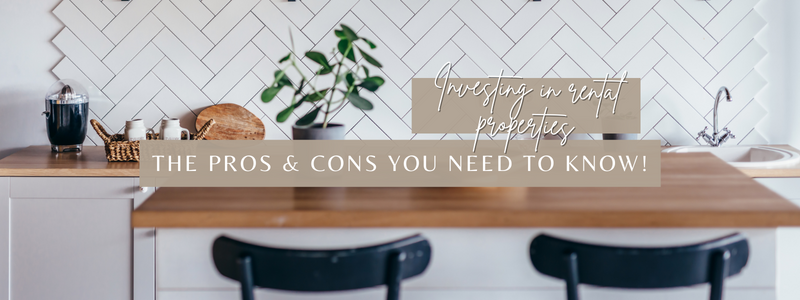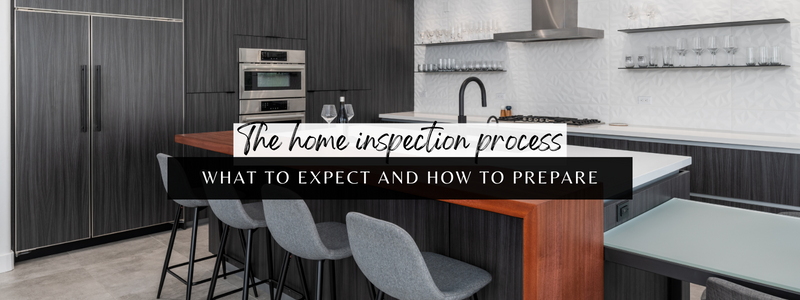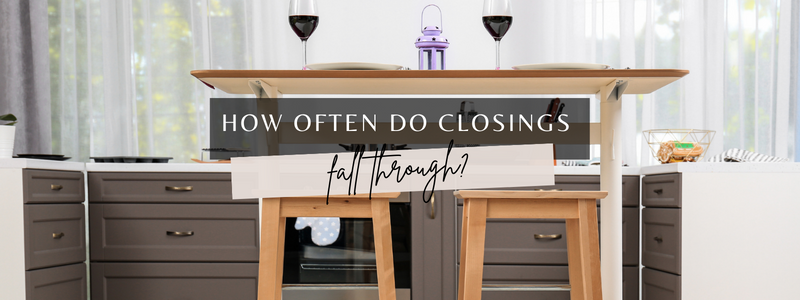Exploring different financing options for buyers
Hey there, home buyers! If you’re in the market for a new home, you’ve probably realized that financing can be a bit overwhelming. There are so many options out there, from traditional mortgages to government-backed loans to alternative financing. So, let’s take a closer look at some of the most popular financing options and find the one that’s right for you!
- Traditional Mortgages: Let’s start with the most common financing option – the traditional mortgage. With a traditional mortgage, you’ll put down a certain amount of money as a down payment, and then make monthly payments over a set period of time. These loans can have fixed or adjustable interest rates, and the terms can range from 10 to 30 years.
- FHA Loans: If you’re a first-time home buyer or have a lower credit score, an FHA loan might be a good option for you. These loans are backed by the Federal Housing Administration and often have lower down payment requirements and more flexible credit score requirements.
- VA Loans: If you’re a veteran or active-duty service member, you may qualify for a VA loan. These loans are backed by the Department of Veterans Affairs and often have lower interest rates and no down payment requirements.
- USDA Loans: If you’re looking to buy a home in a rural area, a USDA loan might be a good fit. These loans are backed by the U.S. Department of Agriculture and often have low interest rates and no down payment requirements.
- Alternative Financing: If none of the traditional options work for you, there are a variety of alternative financing options out there, including private lenders, crowdfunding, and even seller financing. Just be sure to do your research and understand the risks involved with these options.
So, which financing option is right for you? Well, that depends on a variety of factors, including your credit score, income, and the type of property you’re looking to buy. It’s important to do your research, shop around, and talk to a qualified lender to find the best option for your unique situation.
One last piece of advice – don’t forget to factor in additional costs like closing costs, property taxes, and insurance when considering your financing options. Buying a home can be a big investment, but with the right financing, it can also be a great way to build long-term wealth and security. Happy house hunting!


 Facebook
Facebook
 X
X
 Pinterest
Pinterest
 Copy Link
Copy Link










